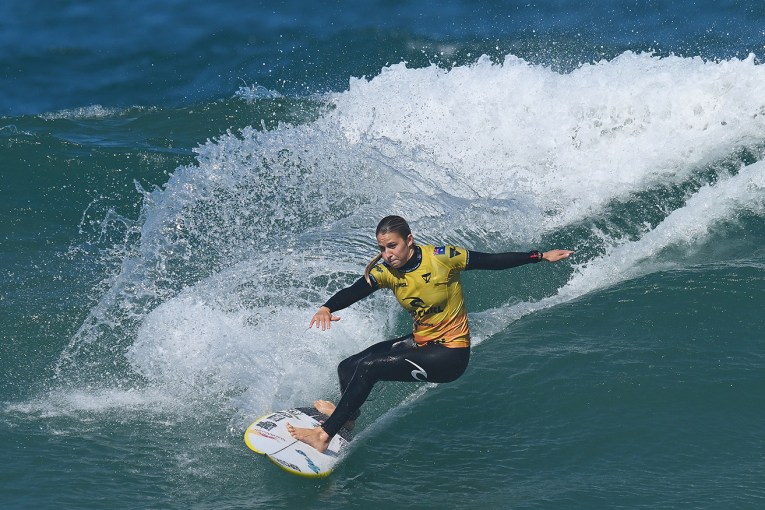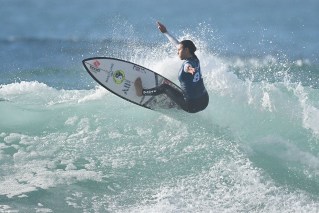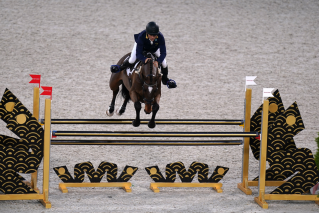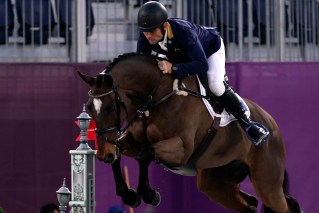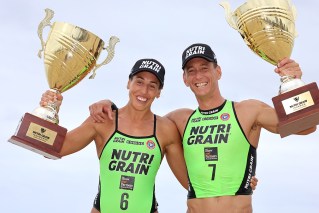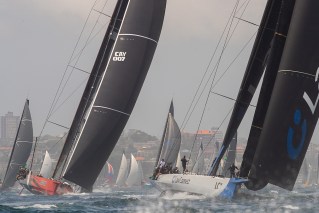Sports bodies welcome stricter drug bans
Global sporting bodies voiced wide support for more stringent punishment of athletes who use banned performance-enhancers as they discussed revised rules at a conference on Wednesday.
Delegates welcomed longer bans for athletes caught doping intentionally, which will double to four years when the new anti-doping code comes into effect in 2015.
But global athletics body the IAAF called for even harder crackdowns on culprits, signalling clean athletes’ frustrations that dopers sometimes go free amid low numbers of abnormal tests.
“The theme that came through, time and time again, is we are working for the clean athletes of the world,” said Australian outgoing World Anti-Doping Agency (WADA) president John Fahey after a second day of discussions.
“The overwhelming majority of athletes who made submissions … made it abundantly clear that a more severe penalty was what they wanted.”
FIFA backed four-year bans, but said doping risks were lower with fewer possible drugs and the global footballing body’s extensive screening programs.
“We have nothing against that civil violation of the anti-doping regulations are sanctioned by four years,” FIFA chief medical officer Jiri Dvorak told AFP.
“Let’s put it in the perspective. In football, we have somewhere between five to eight anabolic steroids cases a year so it’s not really a huge number.”
For the past three years, FIFA has built up biological passports of sportsmen – a database of tests which helps to detect deviations outside normal levels in each individual.
The football body will continue to do this for next year’s Brazil World Cup, flying samples to Switzerland after WADA revoked the accreditation of the laboratory in Rio.
American anti-doping agency USADA was also in favour of stringent punishments, a year after it banned Lance Armstrong for life.
“We support what clean athletes support,” USADA CEO Travis Tygart told AFP, adding that some sportspeople had called for life bans in general, but later came down to four years.
Fahey said in all the submissions, there were very few that did not support tougher punishment for potential dopers.
Less than one percent of doping checks give an abnormal result, though tests have jumped from 150,000 a year to 250,000 since WADA’s creation 14 years ago.
The conference is due to ratify the code on Friday, and governments and federations will have a year to change their rules accordingly.
The meeting will also confirm its new president at the end of the week.
Scotsman Craig Reedie, an International Olympic Committee deputy president, is the only candidate and his appointment is seen as a formality.
